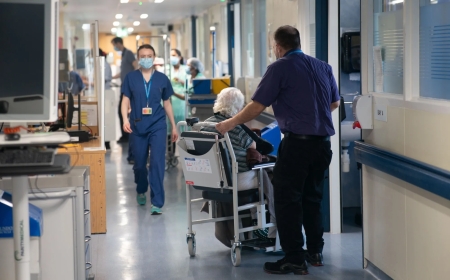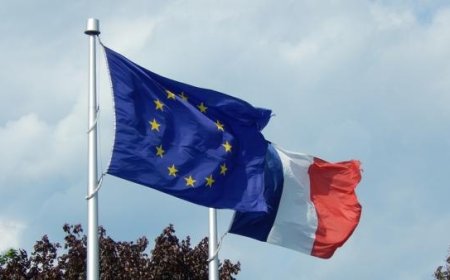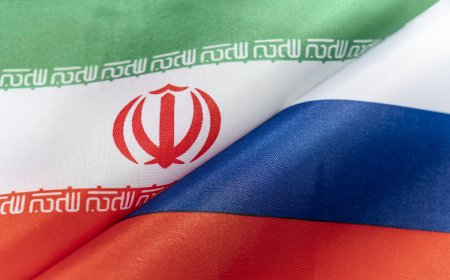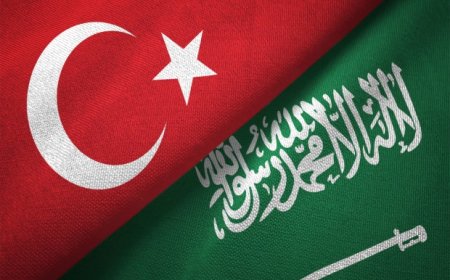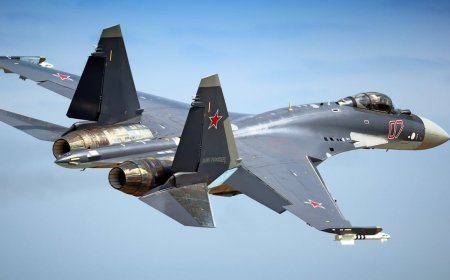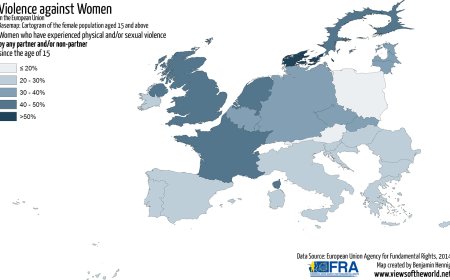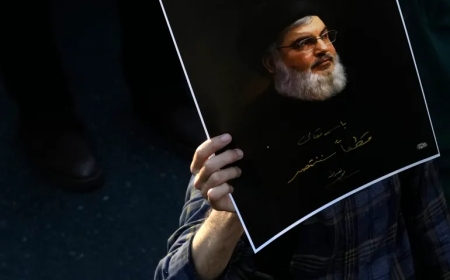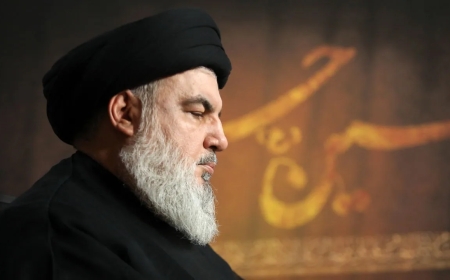Russia Permits Muslim Women to Wear Hijab in Citizenship Application Photos
In a move toward greater inclusivity, the Russian government has announced a significant change in its citizenship application process, allowing Muslim women to wear hijab in their passport photos. The decision, made by the Ministry of Internal Affairs, aims to accommodate religious beliefs while maintaining security protocols.
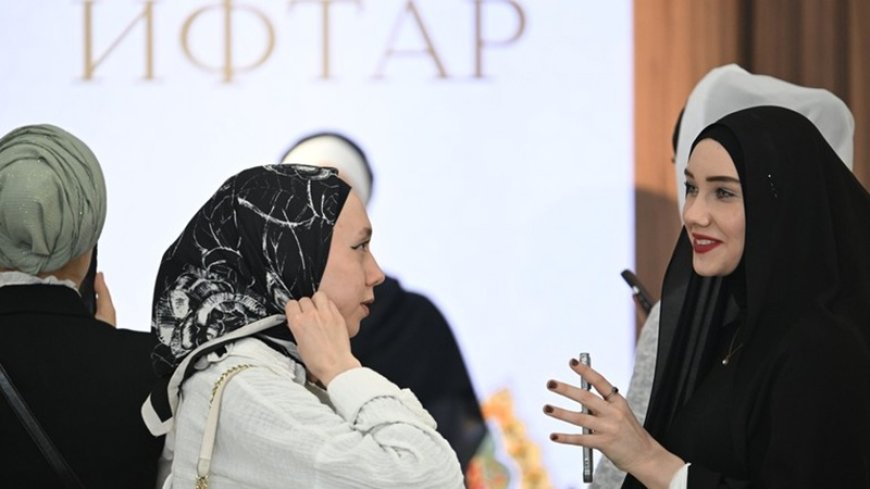
Effective from May 5, the new regulation permits Muslim women whose religious convictions require them to cover their heads to submit passport photos with a hijab. However, the statement clarified that scarves fully or partially obscuring the applicant's chin will not be accepted.
Biysultan Khamzaev, a member of the Duma's Security and Anti-Corruption Committee, highlighted that the adjustment in regulations respects individuals' religious practices while ensuring governmental security measures. He emphasized that while allowing hijab in passport photos, the visibility of the applicant's face remains paramount, particularly for identification purposes in video surveillance systems.
This policy change marks a significant departure from historical practices. During the era of the Russian Soviet Union, wearing a hijab or scarf in passport photos was prohibited. However, following the dissolution of the federation in 1991, Muslim women began using such images until a government ban was enforced in 1997. The ban faced legal challenges, with the Supreme Court of Russia deeming it invalid in 2003.
The recent amendment to passport laws, enacted in 2021, explicitly addresses the religious needs of individuals who cannot remove head coverings for spiritual reasons. President Vladimir Putin underscored Russia's diverse population, comprising various nationalities and religions, reaffirming the country's commitment to respecting cultural and religious diversity. He noted that Russia is home to approximately 190 ethnic groups, some of which are represented by millions of people.
The decision to allow hijab in citizenship application photos reflects Russia's evolving approach to religious freedoms and underscores its commitment to upholding individual rights while balancing security considerations.
